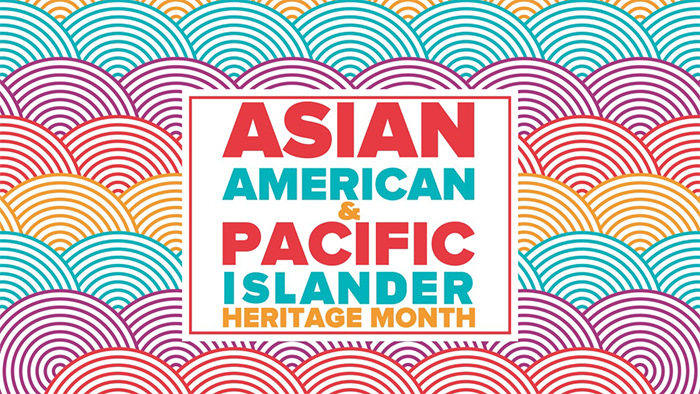18th May 2022
6 Must-Read Books for Asian American and Pacific Islander Month
Asian American and Pacific Islander Heritage Month is celebrated in the United States during the month of May. It’s an annual commemoration of culture and achievements made by Asian and Pacific Islanders, from countries all over Asia – from Micronesia to Singapore to India.

This AAPI Heritage Month, celebrate the many cultures and stories within the community with books by authors of Asian, East Asian, Native Hawaiian, and Pacific Islander heritage and cultures.
1. The Joy Luck Club by Amy Tan
Four mothers, four daughters, four families whose histories shift with the four winds depending on who’s “saying” the stories. In 1949 four Chinese women, recent immigrants to San Francisco, begin meeting to eat dim sum, play mahjong, and talk. United in shared unspeakable loss and hope, they call themselves the Joy Luck Club.
2. Whereabouts by Jhumpa Lahiri
A marvelous new novel from the Pulitzer Prize-winning author of The Lowland and Interpreter of Maladies—her first in nearly a decade—about a woman questioning her place in the world, wavering between stasis and movement, between the need to belong and the refusal to form lasting ties.
3. Things We Lost to the Water by Eric Nguyen
A stunning debut novel about an immigrant Vietnamese family who settles in New Orleans and struggles to remain connected to one another as their lives are inextricably reshaped.
4. The Korean Vegan Cookbook by Joanne Lee Molinaro
Joanne Lee Molinaro has captivated millions of fans with her powerfully moving personal tales of love, family, and food. In her debut cookbook, she shares a collection of her favorite Korean dishes, some traditional and some reimagined, as well as poignant narrative snapshots that have shaped her family history.
5. A Place for Us by Fatima Farheen Mirza
As an Indian wedding gathers a family back together, parents Rafiq and Layla must reckon with the choices their children have made. A Place for Us takes us back to the beginning of this family’s life: from the bonds that bring them together, to the differences that pull them apart. All the joy and struggle of family life is here, from Rafiq and Layla’s own arrival in America from India, to the years in which their children—each in their own way—tread between two cultures, seeking to find their place in the world, as well as a path home.
6. Minor Feeling by Cathy Park Hong
Poet, essayist, and academic Cathy Park Hong trains her poetic and intellectual acumen on an Asian America emotional condition termed “minor feelings.” The feelings themselves are not inconsequential: They have to do with how the larger culture often uses Asians as a wedge against other minorities, being told everything is fine, better than fine, and that any anger or melancholy or awareness of racism or other “negative” emotions are pure self-indulgence. Eye-opening, formidable essays that, true to the book's subtitle, force a “reckoning.”
Book descriptions provided by Penguin Random House.